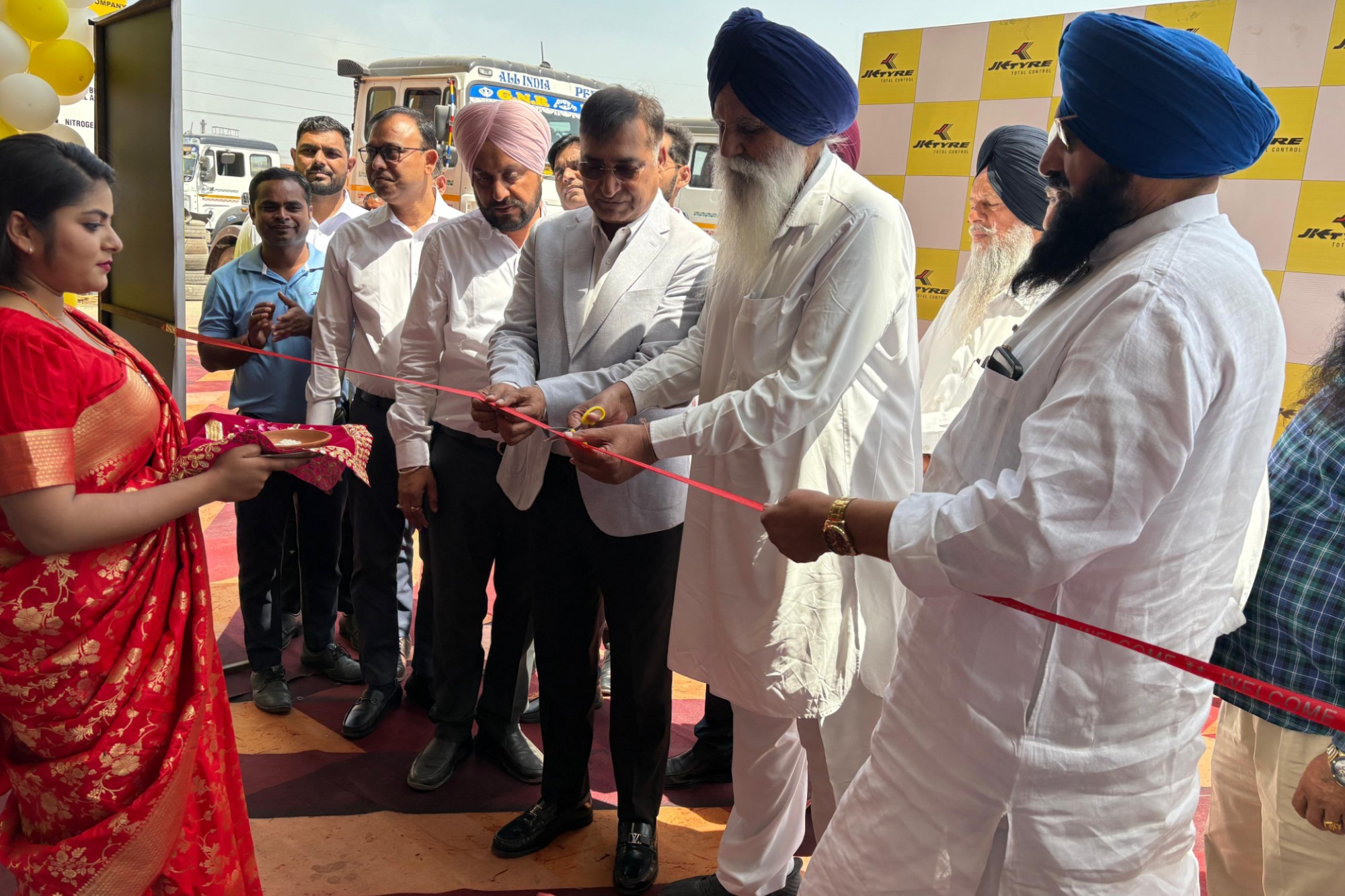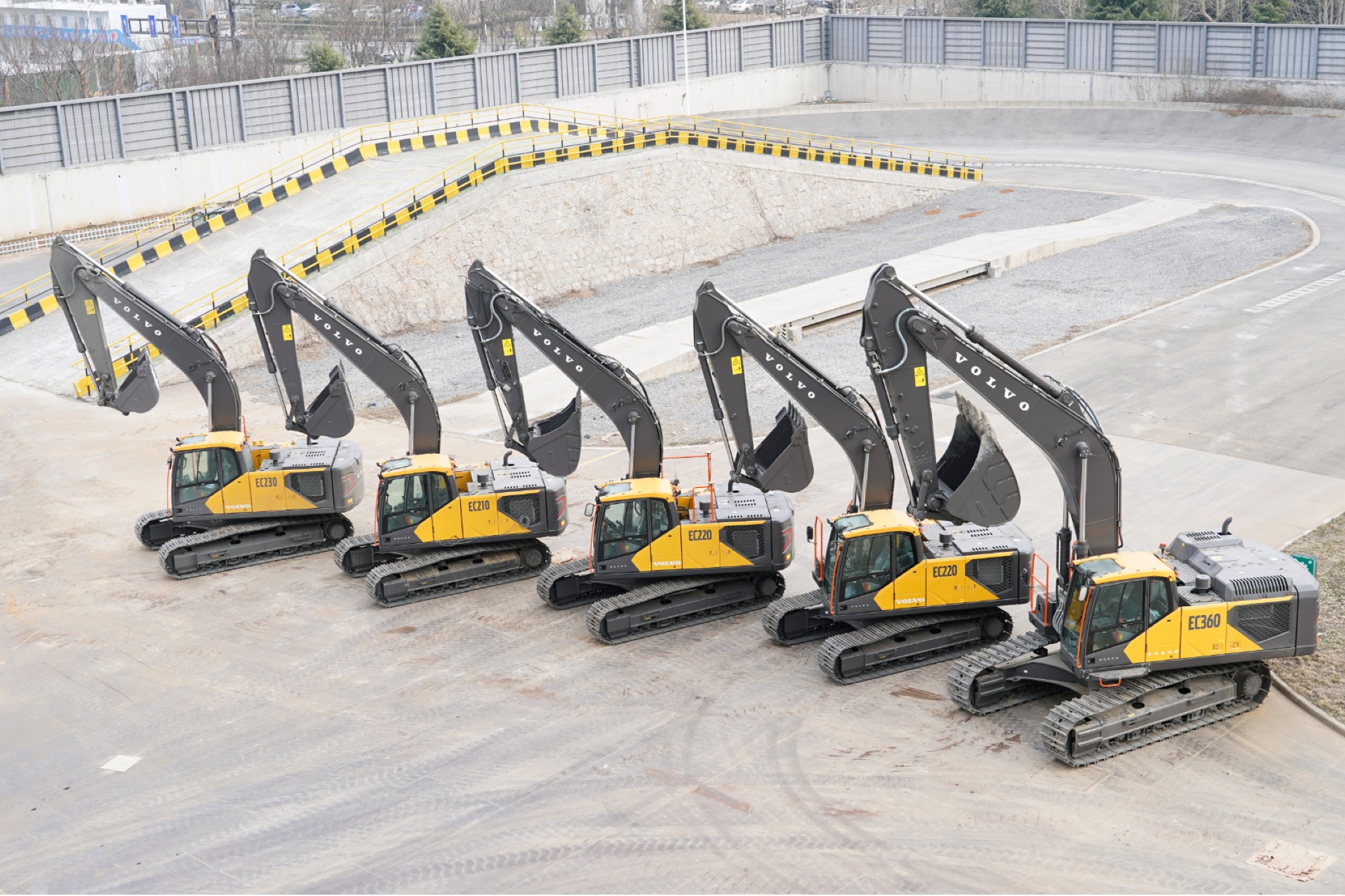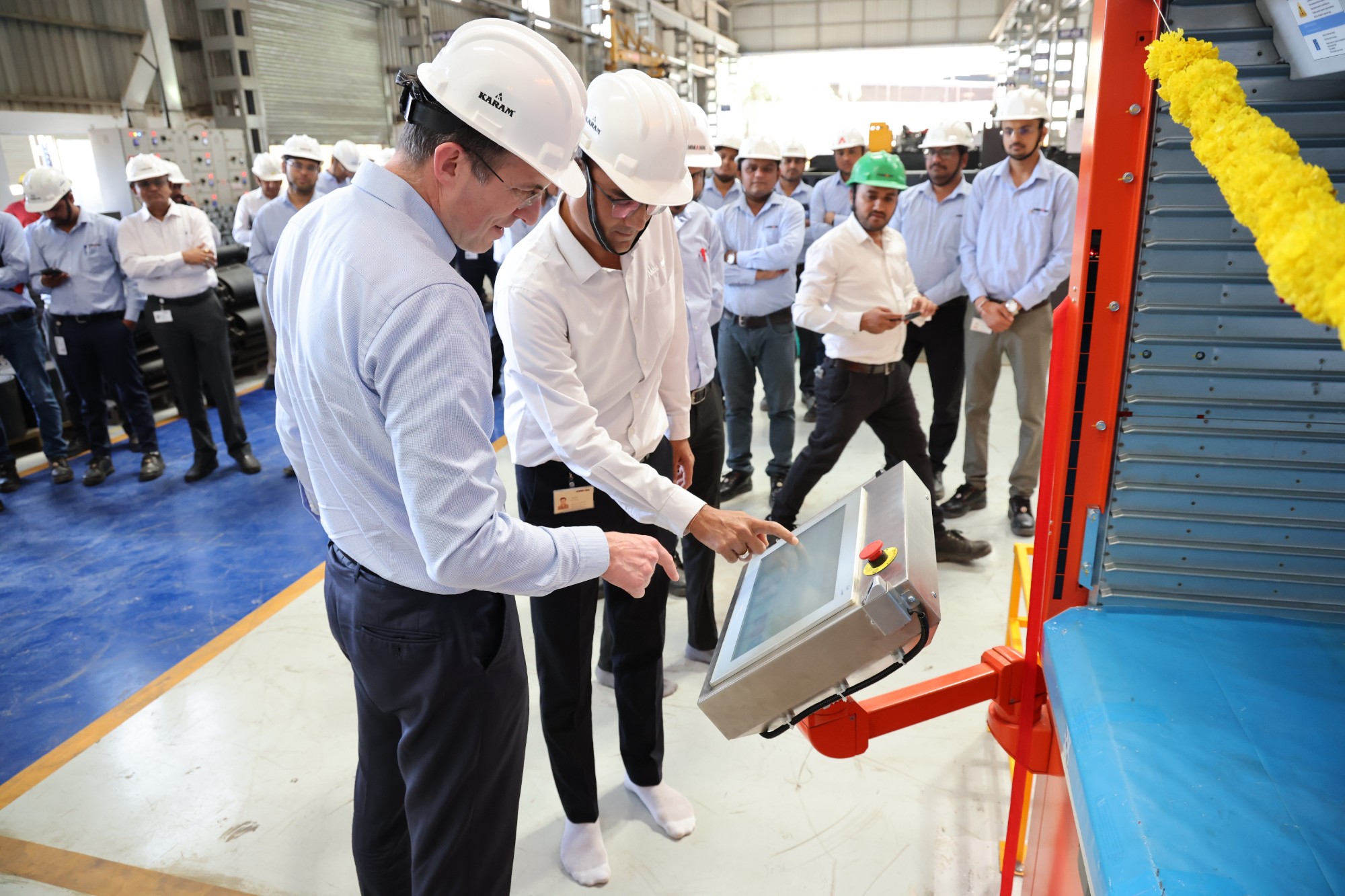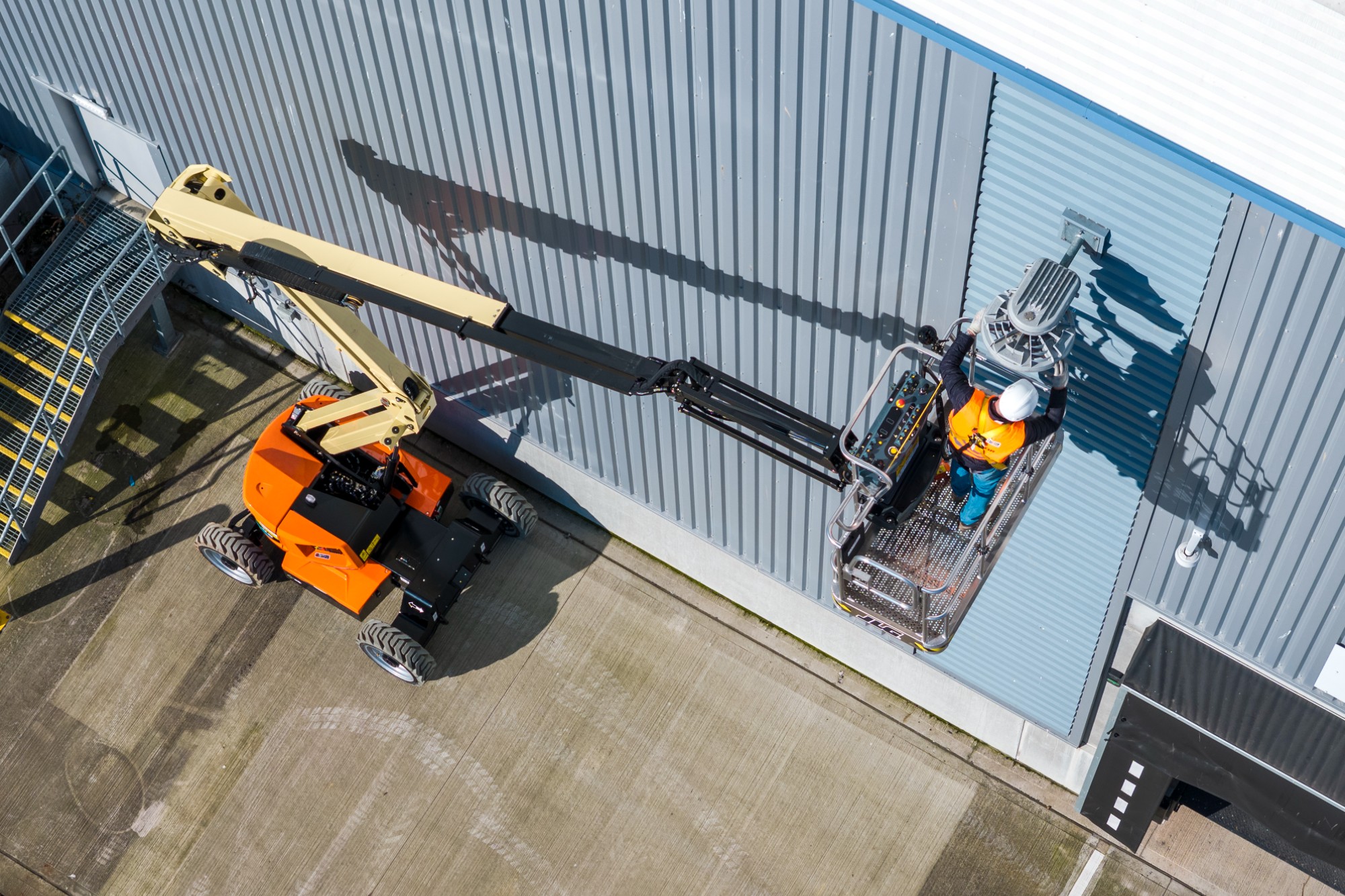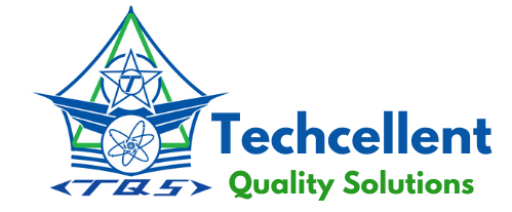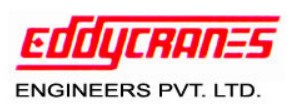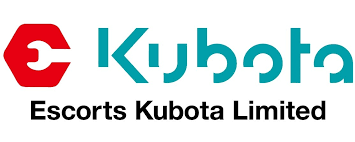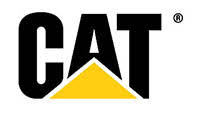High manufacturing cost and safety remains to be a critical concern
By Edit Team | November 3, 2021 3:45 pm SHARE
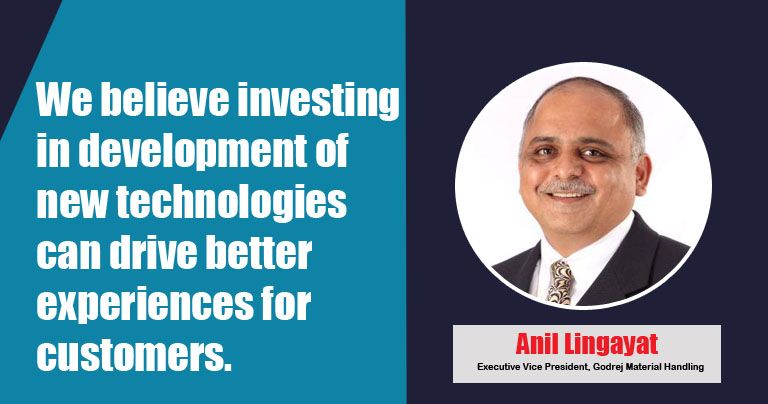
How did you successfully manage your business in the Covid times?
Given Godrej & Boyce’ reputation for being future-ready across businesses and sectors, work on various digital platforms was underway since before the arrival of COVID-19. This helped in a seamless shift to the ‘New Normal’ without any drastic or uncomfortable changes for both internal and external stakeholders.
We, at Godrej Material Handling, sensed the need for remote or digital assistance ahead of time and launched our product manuals on a digital platform, which both our channel partners and customers can easily access. Thanks to this, we were able to provide effective remote assistance to dozens of customers even during the lockdown and will continue to do so going forward. We were already using cloud services, hence there was no disruption in terms of data access for our team, which was one of the major challenges faced by many industries. Our team was already accustomed to virtual meetings and hence we could extend the same to our customer meetings without the need for any training or upskilling of the workforce during the time of the pandemic.
Our rental fleet ensured daily sanitisation of the equipment and provided for a Covid insurance cover for the operators. This helped us win a lot of goodwill during the pandemic.
How do you view the recovery in the MHE market so far?
Despite the sharp slowing of economic activity during the lockdown, India’s forklift industry revived late but reached the same level as the year before the lockdown. The major growth drivers have been the pharma, e-commerce and modern retail sectors. Furthermore, much of this growth came due to buying by MSME companies who faced labour challenges due to possible migrations during the initial lockdown. They had to mechanise handling operations to drive output in their operations. Given the growth that we have witnessed at Godrej Material Handling, a business of Godrej & Boyce, we are confident that the industry will continue to grow at least at 8-10 percent over the next few years.
What are the key challenges in the market apart from the pandemic impact?
MHE is crucial in bringing down the high cost proportioned to the supply chain in our country. There have been several key developments in the field of digitising the supply chain, but the core of the issue still lies in efficiencies in storage and movement of material. Indian market specially MSME is still not sensitised to the benefits of palletisation and racking of goods. Block stacking of goods is both inefficient and poses safety hazards for people working in the warehouse. Another key challenge is, high cost of manufacturing in India compared to China. China enjoys economies of scale from the large domestic market and high export numbers. The Indian market is still at a nascent stage of developing warehouses and storage facilities and hence the demand is low. Also, adaptation by MSME is key to growth in this sector.
What kind of policy support is required for the market revival?
Material Handling Equipment should be awarded the status of an ‘essential industry’ because it supports all manufacturers, including those making medical and essential goods, in their supply chain. The Indian government fortunately continues to raise emission norms to curb pollution, but it currently applies to equipment made in India. These should be made applicable to any equipment operating in India, irrespective of its country of origin. Similarly, BIS standards for material handling equipment need revision to reflect developments in more advanced markets and also ought to apply to all equipment sold in India irrespective of country of origin. The safe load that can be lifted by a human being is limited to 20 kg. This needs to be enforced as a law. Standardisation and adoption of pallets is another area where industry needs to be encouraged. Government is keen to raise safety consciousness and safety standards. Trained and certified operators for all types of powered material handling equipment would serve to dramatically improve safety in the factory and warehouse. The government can contribute by making such requirements mandatory.
What are your strategies for business revival?
The shift to online buying has been a blessing during the pandemic. E-commerce has majorly contributed to the growth of the business. This growth and high level of consumer demand will persist in the foreseeable future. We expect customers to show interest in Iot-based solutions to monitor equipment health, receive alerts, monitor fleet productivity, ensure timely servicing, etc. This will also lead to new business models and very different solutions for customers.
Due to an increase in warehouses, the demand for electric material handling equipment has also increased. Industries governed by strict norms such as Food & Beverage and Pharma were already using electric equipment, however, we have recently seen the increase in demand in other industries for their internal as well as inter-plant movement thanks to our outdoor duty forklift truck. We will continue to introduce new products and services in the market and invest in developing new technologies to facilitate our customers to increase their productivity and safety at their workplace. We are also coming up with a state-of-the-art manufacturing facility, which will be operational next year.
How do you assess the growth next year and beyond in the MHE market?
The sector saw many changes in consumer behaviour and preferences during the pandemic. The drastic shift from brick and motor stores to online websites has posed a huge opportunity for growth for the MHE Sector. The demand for material handling equipment is increasing in warehousing and there will be gradual growth in the near future. With warehouses expanding in Tier-II and Tier-III cities, the success of orders is anticipated at a high rate. This is the time for the industry to expand and grow in many terms. Adapting to new technology and innovating with the changing demands in the market, the MHE sector has great potential in the next year and beyond.
Cookie Consent
We use cookies to personalize your experience. By continuing to visit this website you agree to our Terms & Conditions, Privacy Policy and Cookie Policy.


